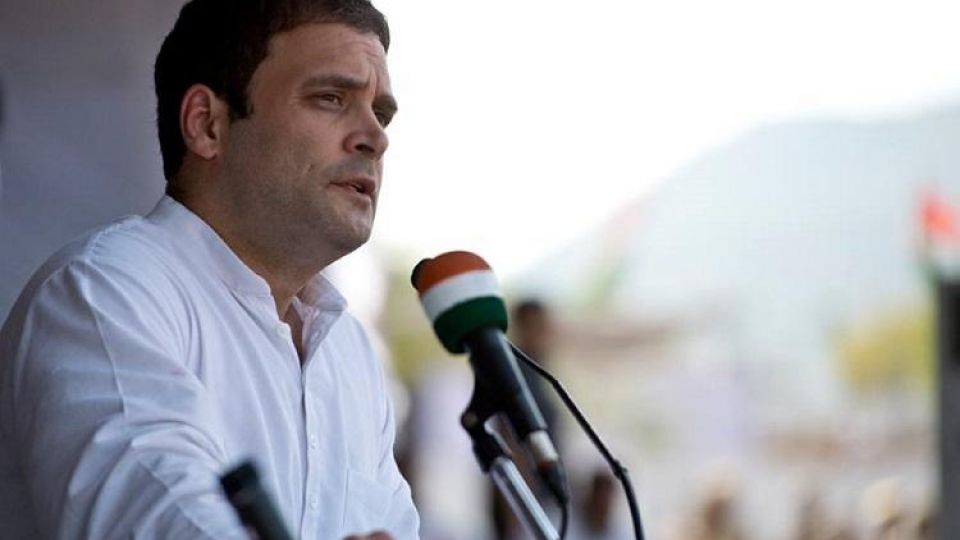December 12, 2018
The ruling party loses ground as opposition popularity rises.
The Bharatiya Janata Party (BJP) led by Prime Minister Narendra Modi lost three key states in the Assembly polls, results that could boost the opposition’s chances in the general elections next year.
The BJP lost the northern states of Rajasthan, Chhattisgarh and Madhya Pradesh, and failed to make a mark in two others–Telangana and Mizoram.
On the other hand, the Congress party led by Rahul Gandhi is rewriting a new narrative of its revival and resurgence in India’s politics— especially in the crucial electoral politics of the Hindi heartland— just ahead of the upcoming lower house elections. While it lost to caretaker K Chandrasekhar Rao in Telangana and was crushed by the tribal Mizo National Front in Mizoram, it won in Chhattisgarh and Rajasthan, and bagged 114 seats in Madhya Pradesh, two short of majority.
Much has been riding on this elections: the growing distress among farmers, unemployment among the youth and rising social inequalities.
Political analysts have said the BJP’s defeat reflects rural dismay with the government, particularly over the Modi administration’s decision to ban high denomination currency notes and botched implementation of a federal Goods and Services Tax. These policies, they said, brought difficulties to rural areas and the informal sector.
In a tweet, Modi said the results “further our resolve to serve people and work even harder for the development of India.”
He congratulated the Congress on its victory and said the BJP accepted “the people’s mandate with humility.”
“I thank the people of Chhattisgarh, Madhya Pradesh and Rajasthan for giving us the opportunity to serve these states. The BJP Governments in these states worked tirelessly for the welfare of the people,” he said.
As news of the BJP’s defeat in came, the party leadership was in a pensive and introspective mood but reiterated faith in Modi’s leadership.
Party discussions were focused on the possible adverse implication of the assembly elections results on the party’s prospects in the 2019 lower house elections.
Former Union minister Shahnawaz Hussain admitted that the election results were not up to the party’s expectations. He said the BJP would undertake an analysis of the factors responsible for the defeat in the five states.
Husain, however, asserted that assembly elections should not be linked to the lower house poll. He also denied that it would be Modi versus Rahul Gandhi in next year’s polls. He pointed out that the Congress, which was in power in Mizoram since the time of Rajiv Gandhi, suffered defeat there as well as in Telangana.
Other BJP leaders blamed the poll defeats on anti-incumbency factor, but BJP national spokesperson Sambit Patra denied this.
When it was pointed out to Patra that election results were likely to translate into the Congress possibly gaining 43 seats in the 2019 lower house polls, he said all elections were a challenge. He said the Congress had claimed that it would win Uttar Pradesh assembly polls but could win only seven seats. He added that the voting pattern in lower house elections was always different from assembly polls.
In response to a question if the poll results and Congress victory in Madhya Pradesh, Chhattisgarh and Rajasthan were a setback for Modi’s goal of a “Congress Mukt Bharat” (to remove the Congress party from India), BJP’s Shazia Ilmi replied in negative. “That will be our constant endeavour,” she said.


